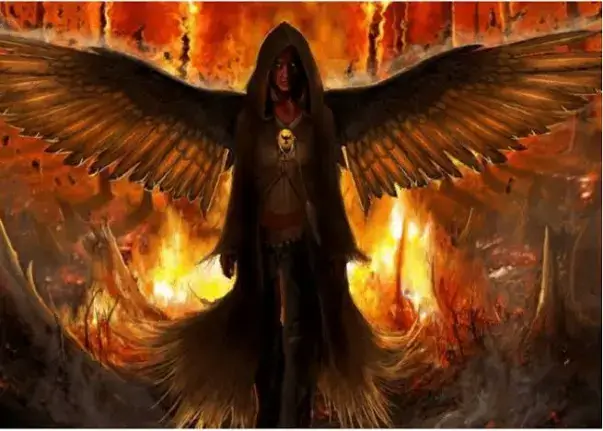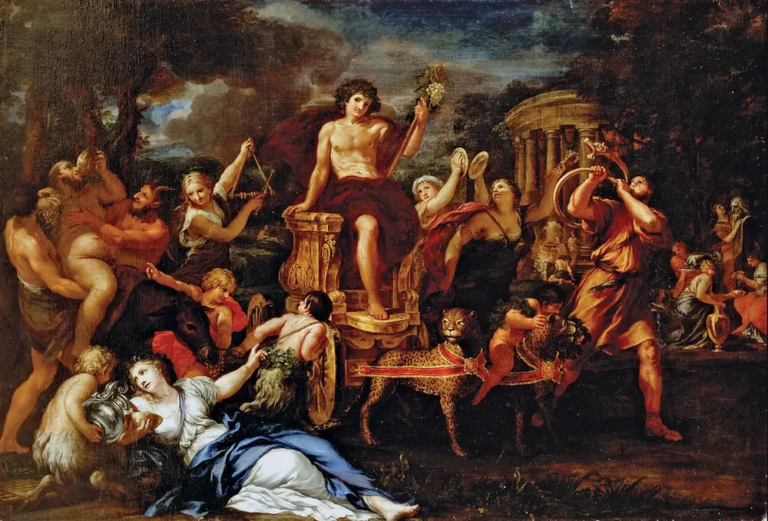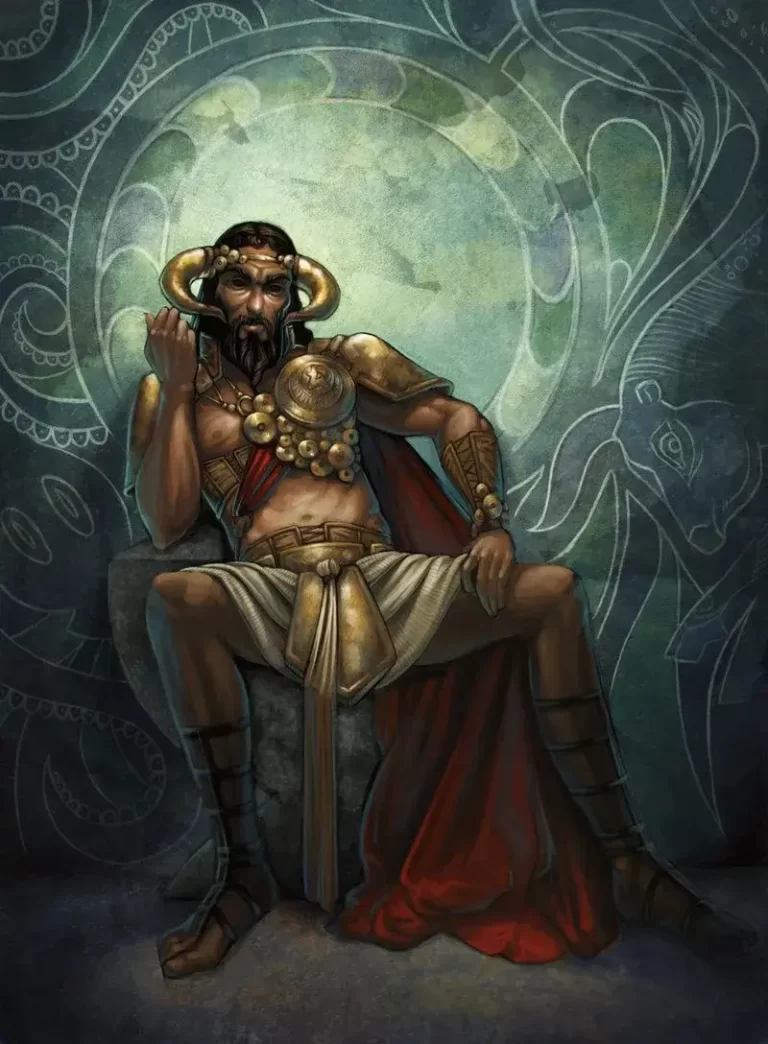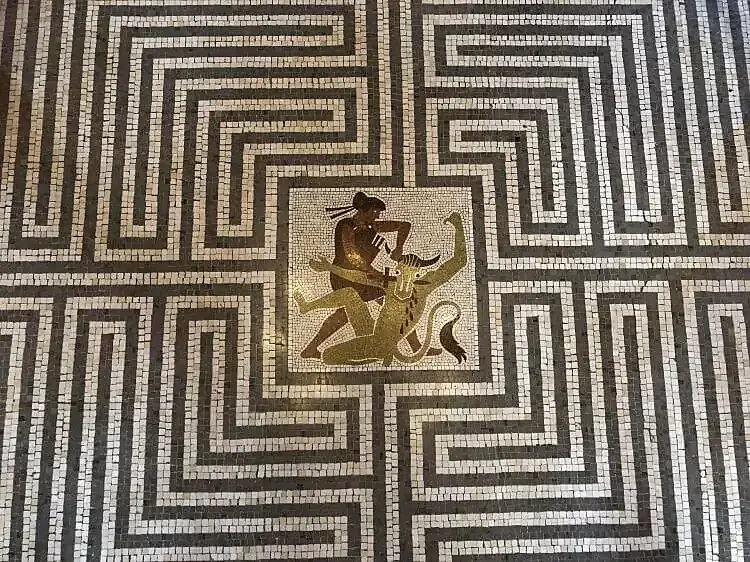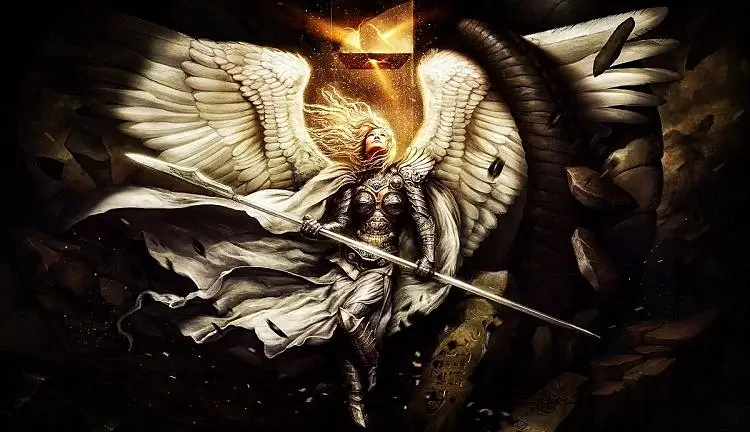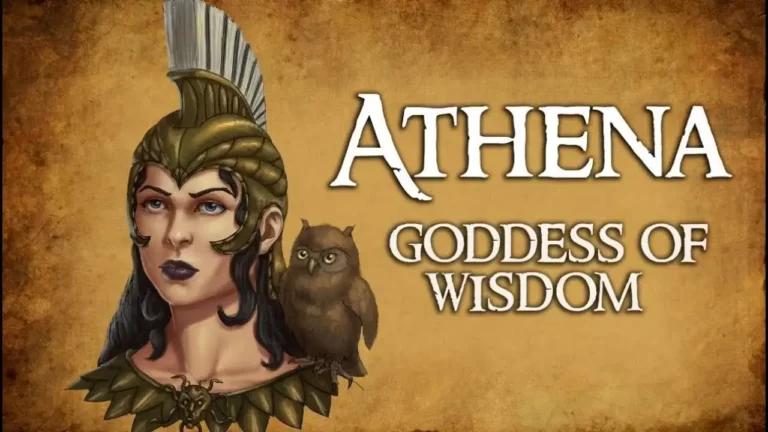Empusa Greek Mythology
Empusa was a demon in Greek mythology that was said to feast on the blood of men. She would take the form of a beautiful woman to lure her victims in before she would reveal her true form and kill them. Empusa was the daughter of Hecate, the goddess of magic and witchcraft. She was also the sister of Medusa, who is often considered to be one of the most famous monsters in mythology.
Empusa’s origins
The Empusa is a creature with origins in Greek mythology, legend, and folklore. In Greek mythology, the Empusae were monsters that seduced and preyed on young men. They were said to have fiery red hair, brass claws and teeth, and sharp horns. Folklore depicts them as shape-shifting creatures that could assume human form. The Empusae were often associated with Hecate, the goddess of magic, witchcraft, and the underworld.
Empousai is said to have originated in Thrace, a region in southeastern Europe that was home to many tribes of fierce warriors. The name “Empusa” is thought to be derived from the Thracian word for “warrior”. These creatures were feared by both mortals and gods alike. The Empousai was said to be the daughters of Hecate, the goddess of witchcraft. Because they were often seen in the company of Hecate, it was believed that she taught them sorcery and witchcraft.
Pantheon – Empusa
Pantheon is a greek mythology term for a group of twelve gods who ruled the universe. Empusa was one of these gods and was responsible for bringing order to the world. She was known for her beauty and wisdom and was often seen as a role model for young women.
Empusa in Hesiod’s Theogony
Empusa first appears in Hesiod’s Theogony, where she is described as the daughter of Hecate and the giantess Styx. Empusa was said to lurk near roads at night, preying on unsuspecting travelers. She would seduce young men with her beauty before killing them and drinking their blood.
Empusa was often associated with the goddess Aphrodite, who was said to have given her power over men’s hearts. In some stories, Empusa even took the place of Aphrodite as the goddess’ handmaid. Empusa was also thought to be a child-stealing demon. She would either take the form of a beautiful woman, to lure children away from their parents, or she would steal the children while they slept.
Empusa in Plato’s Gorgias
In Plato’s Gorgias, Empusa is a spirit that Socrates encounters. She is described as having a donkey’s head and brazen hooves. Empusa is said to seduce young men and then drain their blood.
Empusa is one of the many spirits that Socrates encounters in his journey through the afterlife. She is perhaps the most memorable of these spirits, due to her unique appearance. Empusa is said to seduce young men and then drain their blood. This makes her a dangerous spirit, one to be avoided if possible.
Empusa in later works
Empusa was a popular character in later works, particularly vampire stories. In some tales, she was a beautiful woman who seduced men before turning into her true form – a hideous monster with sharp teeth and talons. In others, she was an evil spirit that haunted graveyards and preyed on the living.
Empusa’s reputation as a dangerous creature made her a popular choice for horror stories and folktales. In some of these tales, she was able to transform her appearance completely, appearing as a normal human being until she was ready to strike. This made her especially feared, as it was impossible to know who or what she really was.
Despite her fearsome reputation, Empusa could also be seen as a symbol of strength and power. In some stories, she was able to defeat powerful enemies through her cunning and strength.
Empusa in later art and literature
In later art and literature, Empusa is often portrayed as a beautiful woman with long, flowing hair. She is sometimes shown holding a torch or a staff, and she is usually dressed in white. Empusa is also often depicted with wings, and she is sometimes seen riding on a horse or a donkey. In some stories, Empusa is said to be able to change her shape, and she is often described as being very seductive.
Conclusion of Empusa greek mythology
Empusa was a fearsome creature from Greek mythology with the head of a woman and the legs and body of a donkey. She preyed on young men, luring them in with her beauty before killing them and drinking their blood. Empusa was one of the many children of the monstrous Lamia, who herself was born from the blood of the slain Gorgon Medusa.
Despite her fearsome appearance and reputation, Empusa was ultimately defeated by the hero Hercules, who crushed her under his foot during one of his labors. After her death, Empusa joined her mother Lamia, and sister Mormo in the underworld, where they continued to terrorize mortals with their dark powers.
Most Frequently Ask Questions
What is Empusa the god of?
Empusa is the god of strife and discord. She is also known as the goddess of vengeance and revenge. Empusa was said to be the daughter of Hecate, the goddess of magic, witchcraft, and ghosts.
Are Empusa vampires?
Empusa are not vampires. Empusa was demons in Greek mythology that took the form of young women. They would seduce men and then drain their blood.
How was Empusa killed?
Empusa was killed when Hercules defeated her in battle. He smashed her head with his club, and she was turned into a stone statue.
Where does the Empusa live in Greek mythology?
Empusa is a minor goddess in Greek mythology who is associated with demons. She is said to have the head of a beautiful woman and the body of a hideous monster. Empusa is said to prey on young men, seducing them before devouring them. She is also said to attack travelers, especially those who are lost or alone.
Who killed the Lamia?
There is no clear answer to who killed the Lamia. There are many theories and no clear evidence to support any particular theory. The most popular theory is that the Lamia was killed by a group of hunters, but there is no definitive proof of this.
